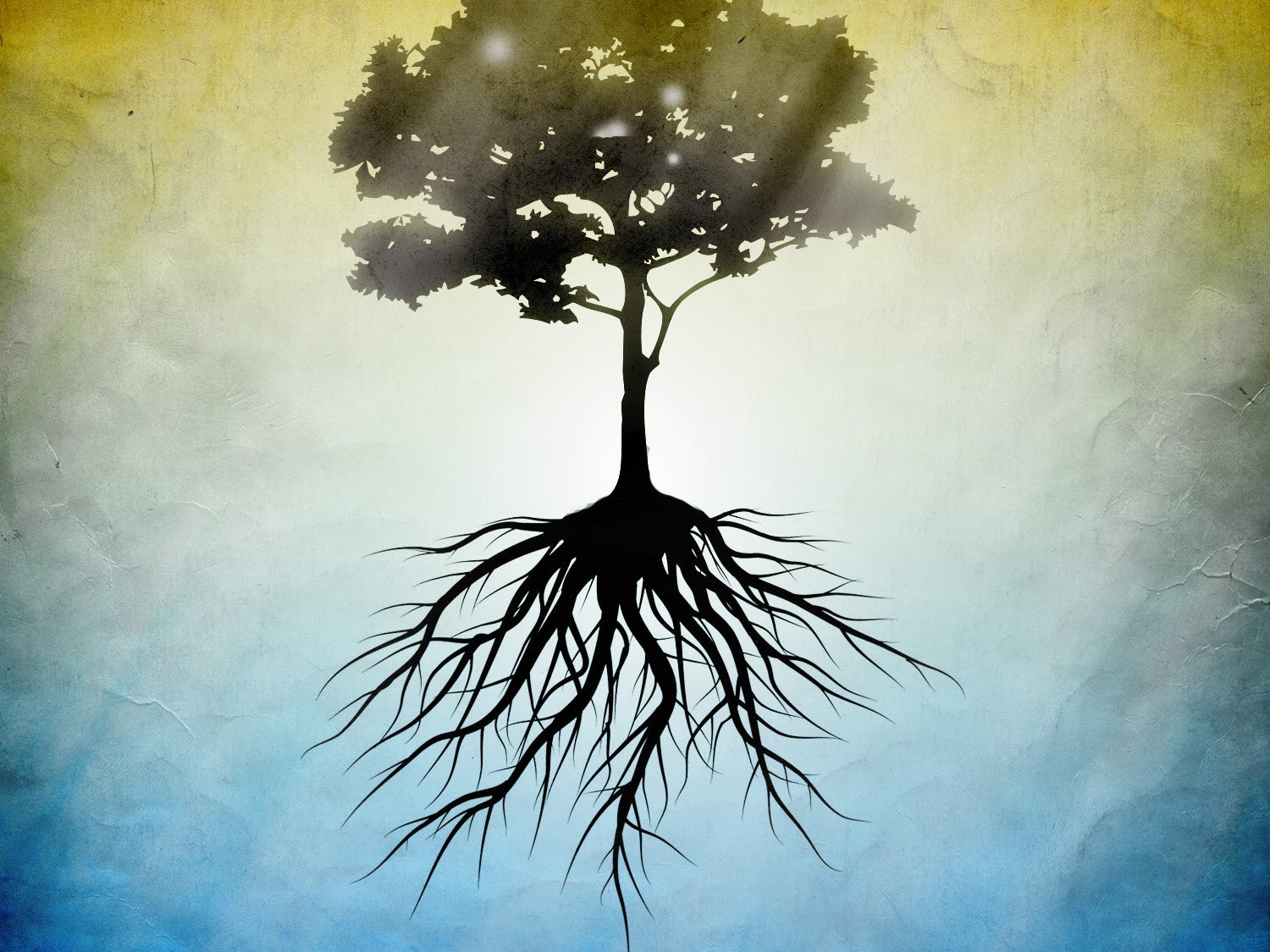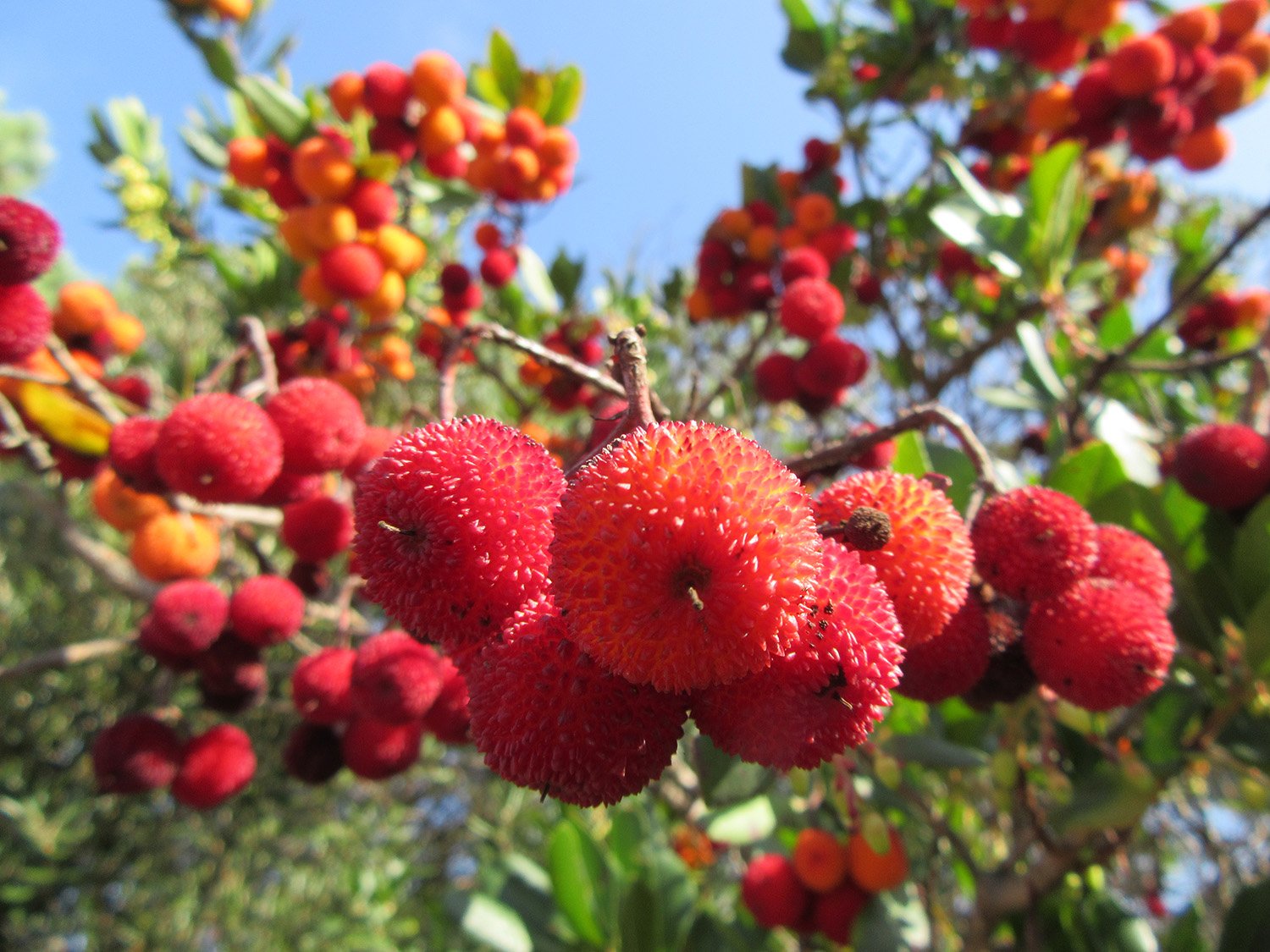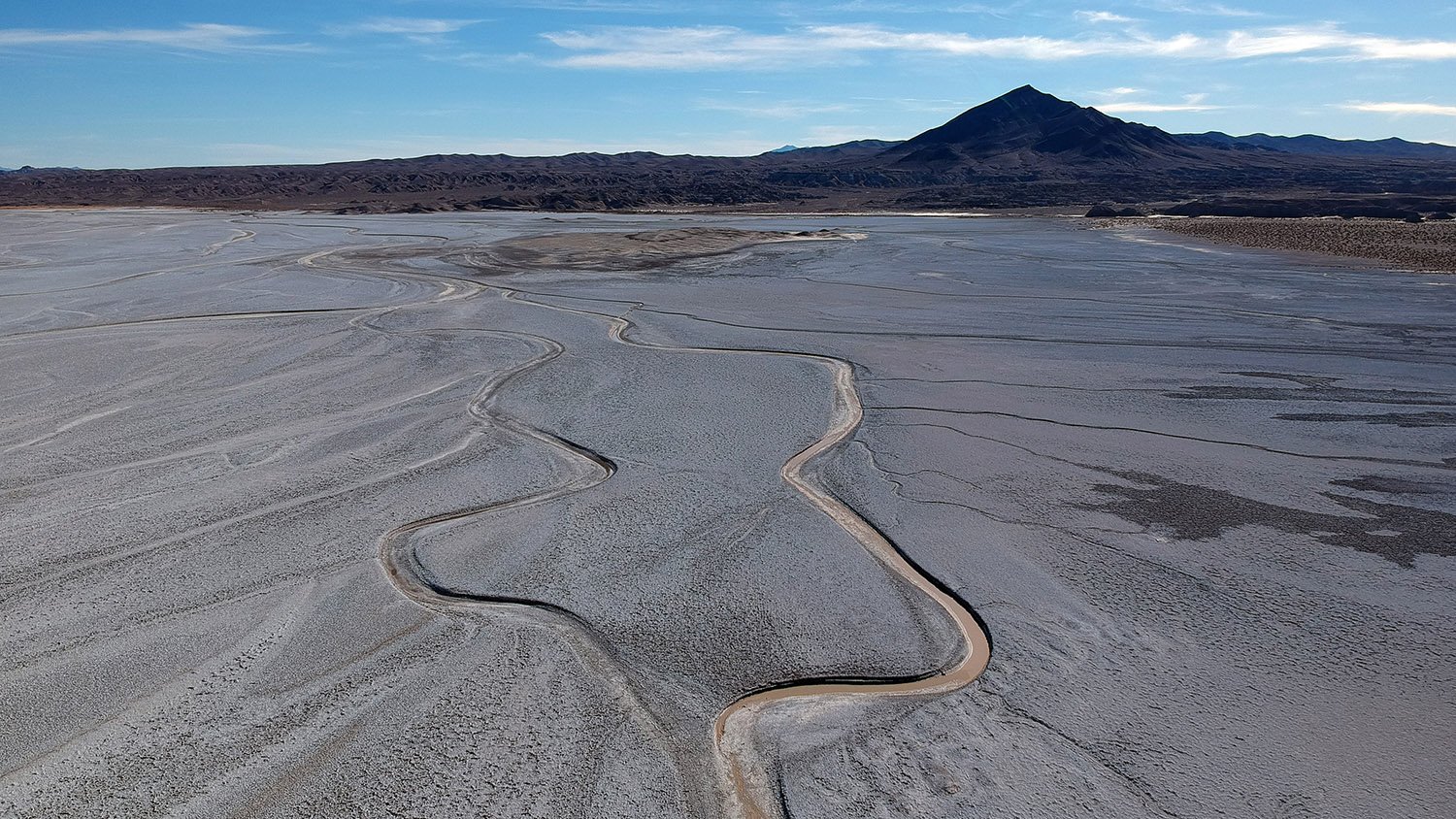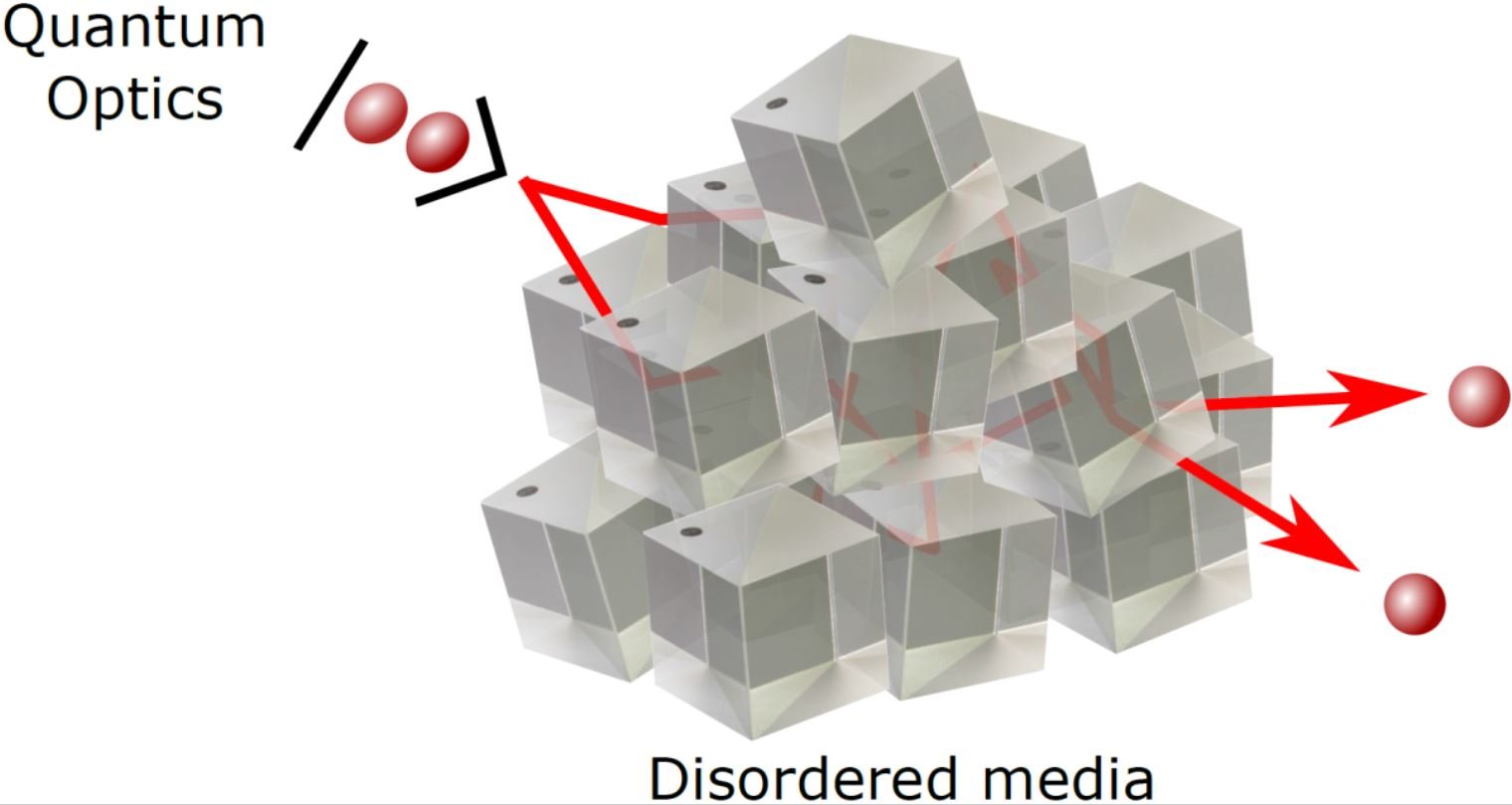lack of tolerance, institutional confidence threaten democracies
The stability of democracies worldwide could be vulnerable if certain cultural values continue to decline, according to a new study published in Nature Human Behaviour. The findings by researchers from the United States and New Zealand are based on an analysis of survey data from 476,583 individuals in 109 countries. “It is often taken for granted … Read more









